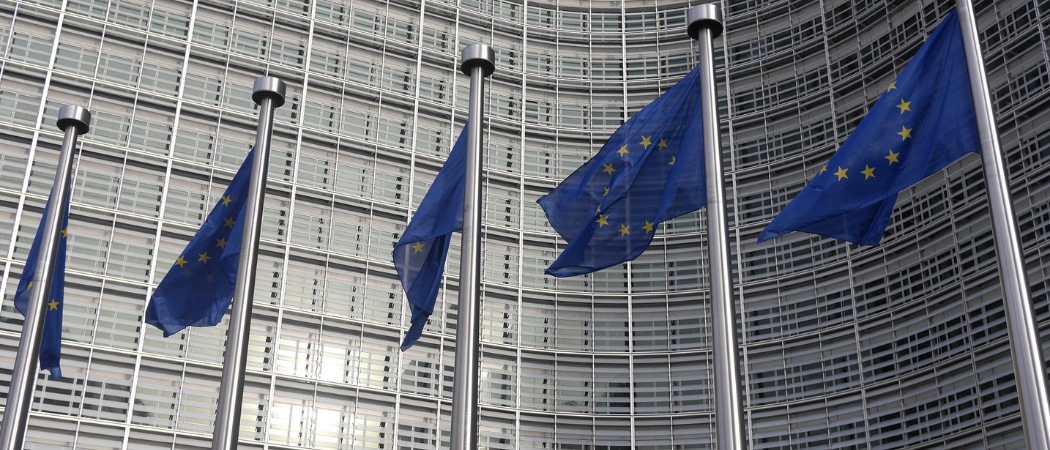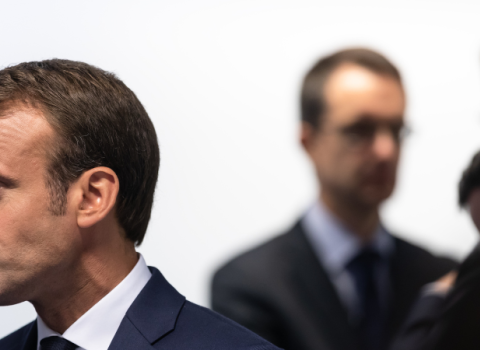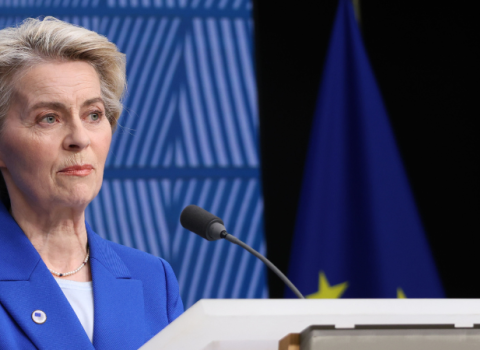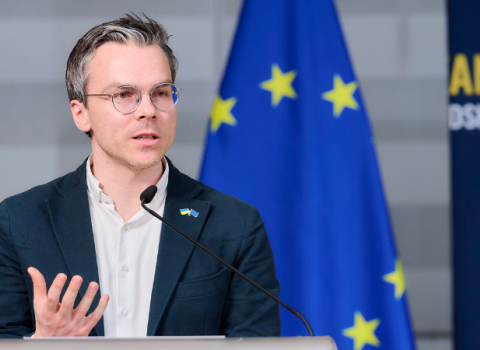EU member states are ready to start talks with the Parliament on plan to position Europe as key manufacturer of green technologies

The EU is a step closer to agreeing on a new policy framework for boosting its green manufacturing industries, with the member states and the European Parliament ready to start negotiations.
The Parliament and the Council of member states have settled on their negotiating positions on the new industrial policy, both aiming to expand the list of strategic technologies and streamline permitting procedures for projects.
The first round of negotiations in the trilogue is scheduled for 13 December. Two more are expected in January and February, with a view to securing a deal in time to adopt the legislation before the Parliament disbands ahead of the 2024 EU elections.
The Net-Zero Industry Act (NZIA) is the EU response to the US’ plan to funnel $369 billion to into the green tech industry announced as part of the Inflation Reduction Act (IRA) last summer. The America-first move stirred panic in Europe, prompting the Commission to propose a plan on how to Europe can secure its share of the global clean tech market, which the International Energy Agency (IEA) estimates will be worth €600 billion a year by 2030.
China has also been making headways in the race. The Commission warned it is ready to flood the market with low-cost alternatives to the detriment of European manufacturers. “In this race, no one is going to wait for us to catch up,” a Commission representative told the member states at a competitiveness council meeting today. “We have to combat unfair practices.”
There is long way to go for Europe. Today, the EU is a net importer of many net-zero technologies, but NZIA sets out a goal to have at least 40% of EU’s strategic net-zero technologies manufactured within the bloc by the end of the decade. The plan sets out ambition and a policy framework but comes with no money attached to it; industry will have to find financing elsewhere in the EU budget.
Rather than providing subsidies like the US, the proposed EU framework aims to facilitate investment in key technologies by simplifying permitting procedures and prioritising strategic projects, among other measures. It includes measures for net-zero projects and special rules for a list of ‘strategic’ technologies.
The Commission’s original list included eight technologies, such as solar, onshore and offshore wind, batteries, heat pumps and electrolysers. Both the Council and the Parliament have proposed adding nuclear power and alternative aviation fuels to the list.
The Commission welcomed the member states’ position, agreed on at the competitive council today, but noted it waters down certain measures related to monitoring and auctions. It also called attention to member states’ unwillingness to link NZIA with the proposed new fund for green tech, the Strategic Technologies for Europe Platform (STEP). STEP’s future is hanging in the air, as member states look likely to refuse to top up the EU budget with extra money for the fund.
The Parliament’s rapporteur for the file, MEP Christian Ehler, said he was happy to see the member states have settled on a position, as he urged finalisation of a deal by EU elections in June next year. “We have to finish it, otherwise we leave European industry hanging without a convincing business case for industrial decarbonisation,” he said.
Environmentalists have criticised both the member states and the Parliament’s position on the proposed regulation. Green groups disagree with including carbon capture and storage and nuclear power to the list of strategic technologies.





 A unique international forum for public research organisations and companies to connect their external engagement with strategic interests around their R&D system.
A unique international forum for public research organisations and companies to connect their external engagement with strategic interests around their R&D system.